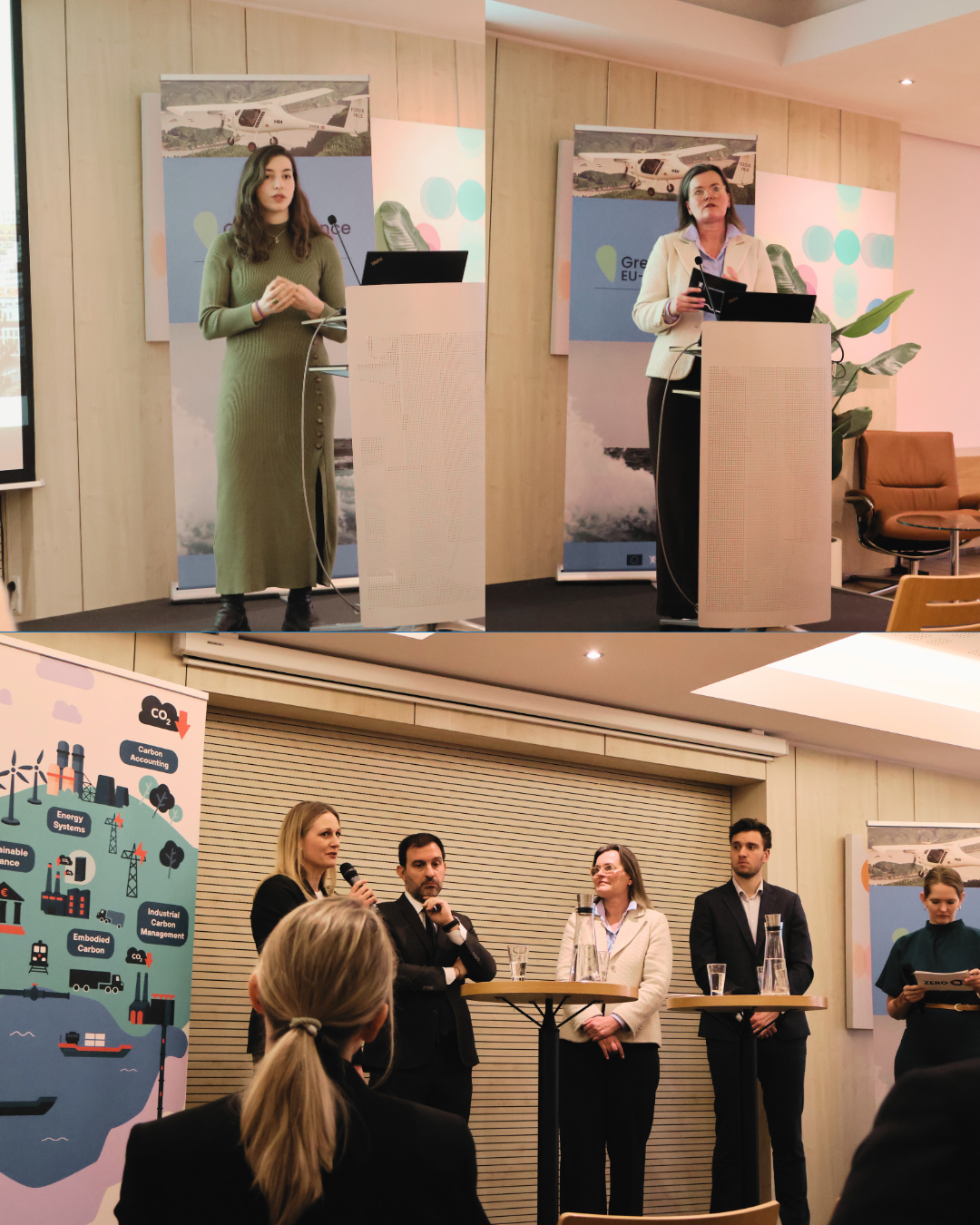
Joint letter – ICC reform and expansion risks diverting ETS Revenues from real climate action
In light of the European Commission’s ongoing considerations to amend the ETS State Aid Guidelines, revising the rules for Indirec...
News

Publish date: August 1, 2012
News
With the EU being the world’s largest market, both in terms of population and purchasing power, the changes have the potential to dramatically impact markets worldwide. The adapted Fuel Quality Directive can be compared to the EU bringing aviation into the Emissions Trading System (ETS) in January this year, which had far-reaching effects also outside the Union.
After strong lobbying by Canada and concerns raised by German liberal MEP Silvana Koch-Mehrin in an article published by the oil industry association Europia, the Commission has spoken out against the risks raised about the Fuel Quality Directive. In a paper, seen by ENDS Europe, it states that the measure could be defended before the WTO since it is science-based and would not discriminate against a particular country. Furthermore, even if that fails, it could be defended on environmental grounds.
The Commission rebuttal to the claims is not only a milestone for reducing the CO2 intensity of fuels, but also sets a precedent for other measures aimed at internalising environmental costs into the prices of imported products.
In order to fully transit to a low-carbon economy in Europe, action within the Union is not sufficient. Through taxes within the EU, policy makers can ensure that costs for environmental and climate damage is internalised in the price of products produced here, but it does not affect imported goods. On the contrary, it can give products imported from nations without CO2 taxes a competitive advantage and even lead to ‘exporting emissions’ to other places in the world by importing products with high levels of embedded CO2.
One way to reduce this risk is through border tax adjustments, which are fees levied on goods imported from non-CO2 taxing countries by CO2 taxing countries. This ensures a level playing field and internalises the costs of climate impacts into prices of imported goods and services. Critics of border tax adjustments claim that they are incompatible with international trade laws, as managed by the World Trade Organisation.
The changes in the Fuel Quality Directive would in many ways have similar effects to those of a border tax adjustment, and a WTO acceptance of it can be seen as a milestone. Should the changes be endorsed, it would be a clear sign also to critics of border tax adjustments that it, too, would be compatible with international trade law.
Measures such as these are necessary for thoroughly reflecting climate impacts of imported products and avoiding export of emissions from one part of the world to another, and will be a vital component in the fight against climate change.

In light of the European Commission’s ongoing considerations to amend the ETS State Aid Guidelines, revising the rules for Indirec...

On 24 February 2025, Bellona Europa co-hosted a breakfast seminar at Norway House in Brussels alongside ZERO and the Mission of Norway to the EU, bringing together policymakers, manufacturers, and procurement practitioners around a single conviction: European cities hold a decisive and largely untapped lever for decarbonising construction. With the revision of the EU Public Procurement Directives on the horizon, the moment to use it is now.

Opening remarks and future of EU CRCF Market Christian Holzleitner, Head of Unit for Land Economy and Carbon Removals&nb...

Together with six NGOs and five industry partners, Bellona Europa signed a joint letter on the RFNBO Delegated Act, reiterating that now is not the t...

“The Commission shall monitor the situation at Union level with a view to monitoring the impact of the CBAM on the Union i...
Get our latest news